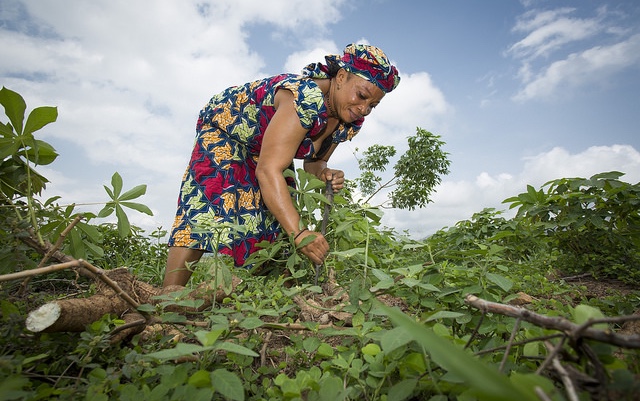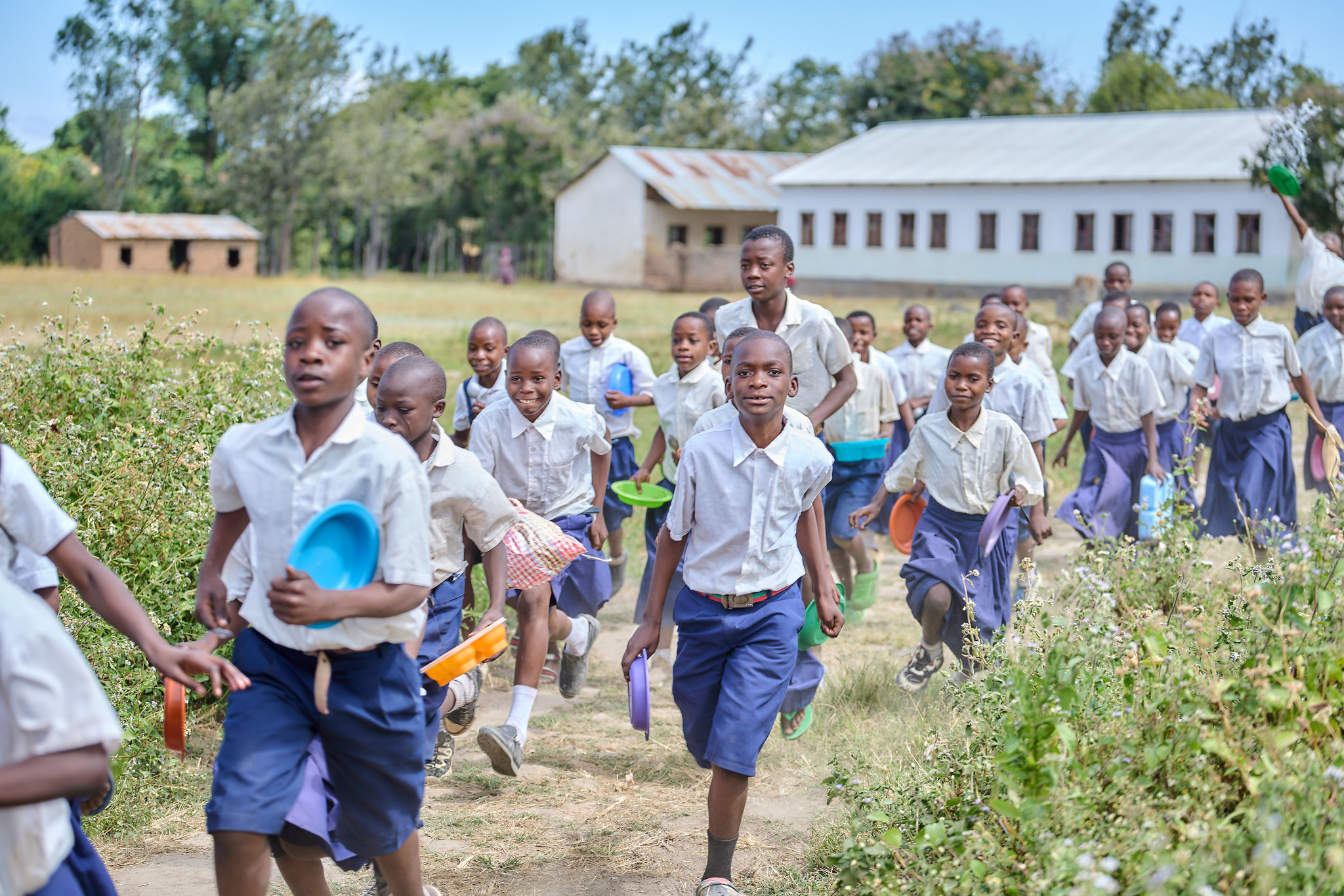Women play an important role in food production and provision in Africa South of the Sahara (SSA), yet are underrepresented in the agricultural research community in many countries. Fewer women than men are trained, recruited, and employed in the agricultural sciences. Where they are employed, female researchers are often young and less qualified than their male colleagues.
The good news is that, according to a recent paper in the Journal of Gender, Agriculture and Food Security by Nienke Beintema, head of the Agricultural Science and Technology Indicators (ASTI) initiative, many African countries have begun making progress towards a gender balance in their agricultural research systems. The data can be accessed via ASTI’s new Women in African Agricultural Research Data Portal, created in partnership with African Women for Agricultural Research and Development (AWARD).
The number of women researchers in Africa South of the Sahara rose in both absolute and relative terms between 2008 and 2014—possibly due to increased access to education for girls, which has resulted in more women enrolled in agricultural sciences, and sciences overall.
Obviously, there is much more progress to be made. In 2014, an average of only 24 percent of full time equivalent researchers in a sample of 40 African countries were female. This representation varies widely between countries. Some countries are much closer to reaching gender parity in agricultural research, particularly Lesotho, Mauritius, and Namibia, with female shares of 40 percent or higher in 2014.
Other countries fall well below the average. In Chad, the Democratic Republic of the Congo, Eritrea, Ethiopia, The Gambia, Guinea, and Togo, between 6 and 10 percent of agricultural researchers were women.
Obstacles to progress remain formidable. They include what is known as the “leaking pipeline”: Women have a strong showing in BSc and MSc-degree level training (53 percent of the total enrollments in 2013), but this share drops at the PhD-degree level, where 43 percent of students are women, according to UNESCO. Women only account for 28 percent of the total number of researchers worldwide.
Women are even less represented in high-level research and management positions and, as a result, have less influence in policy- and decision-making processes.
There are a number of possible reasons why inequality persists. Some studies suggest it is linked to the general decline in numbers of young people going into the field. Other studies point to workplace, societal, and cultural challenges, including unequal access to basic education in developing countries, traditional beliefs about the role of women and girls in society, the challenge of balancing work and family, gender discrimination, and the often relatively lower salaries women receive compared to their male counterparts.
Beyond the goal of basic equity, there are many arguments for including more women in agricultural research. As the InterAcademy Council observed, more than half of most countries’ populations—their women—have traditionally been overlooked for important jobs or were deprived of the education needed to make them contenders, robbing countries of enormous reservoirs of talent in science and technology. Higher rates of female participation in science and technology have been shown to improve the quality and competitiveness of research and innovation.
ASTI’s Women in African Agricultural Research Data Portal now serves as a single destination to find data on the evolving role of women in the field. It features detailed sex-disaggregated data on human resources in agricultural research, as well as graphic tools for country comparisons and analysis that allows researchers and policy makers to set priorities, establish benchmarks, and monitor progress over time.
What obstacles are women agricultural researchers facing? What can help overcome them? ASTI’s gender-specific data provides an illustration, but much more information is needed to answer these questions. Success for African farmers—both male and female—depends on it.
Marcia MacNeil is an IFPRI Communications Specialist.







